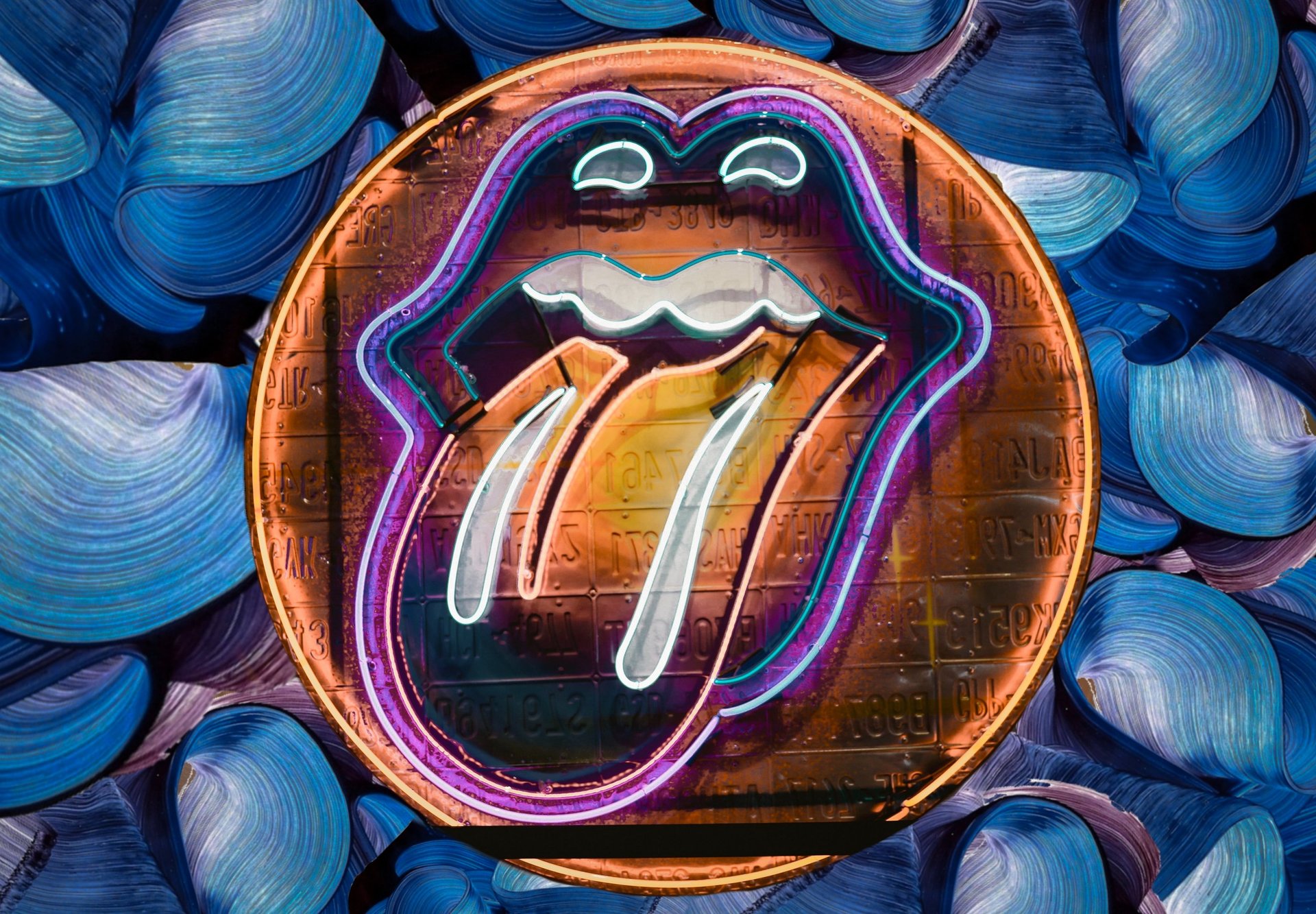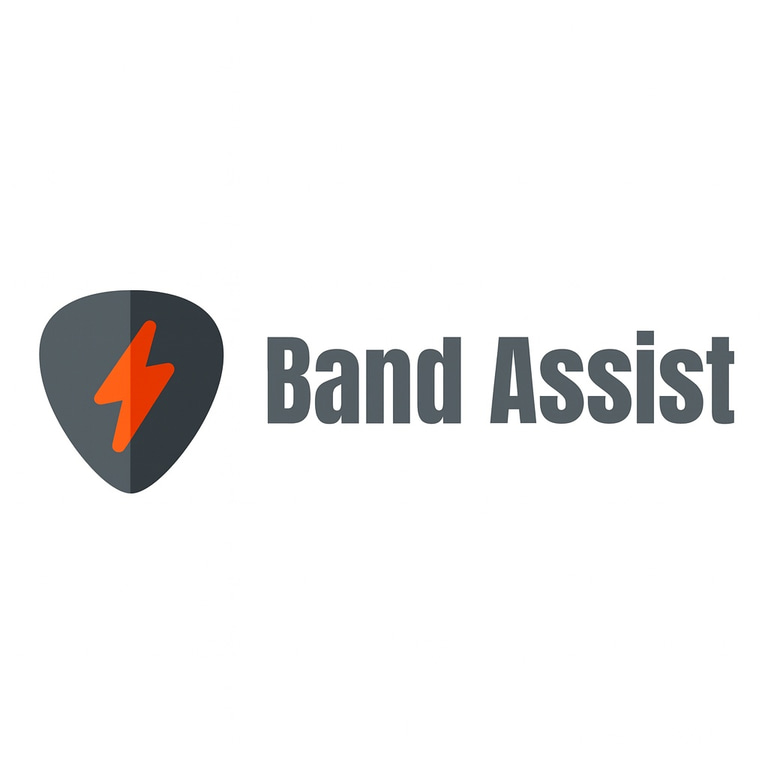
Why Your Unsigned Band Needs to Think Like a Startup
How to get your act moving in a lean and structured way
8/5/20252 min read


Applying entrepreneurial thinking to help unsigned bands grow, stand out, and survive the modern music landscape
In today’s crowded music scene, being talented isn’t enough. As an unsigned band, you're not just a group of musicians — you're a brand, a business and a startup all rolled into one. Just like a tech founder bootstrapping their way to success, unsigned artists must wear multiple hats: marketer, strategist, designer, content creator, and, of course, performer.
If you're serious about making a dent in the music world, it's time to approach your journey like a startup does its launch.
1. Develop a Minimum Viable Product (MVP)
In startup terms, your MVP is the simplest version of your product you can release to test the market. For an unsigned band, this could be:
A three-track EP recorded using DIY techniques (see our blog on [DIY recording and production] for tips)
A live acoustic video session filmed in one location
A simple Bandcamp page or EPK to start building your digital footprint
Don't wait for perfection. Release something real, gauge the response, and improve.
2. Validate Your Audience
Every successful startup finds product-market fit. Unsigned bands must do the same with their music.
Start by asking:
Who really connects with our sound?
What playlists are we organically landing on?
Which social content gets shares and comments — not just likes?
Testing content across platforms (Instagram, TikTok, Bandcamp, YouTube) helps reveal your tribe. Don’t assume your audience — discover them.
3. Leverage Free and Scalable Tools
Startups rely on automation and cost-effective tech. You should too.
Distribution: Use DistroKid, Amuse or RouteNote to get your tracks on Spotify and Apple Music
Visuals: Canva, CapCut, and DaVinci Resolve can help create pro-looking content on zero budget
CRM-style audience management: Collect emails at gigs. Use tools like Mailchimp or Substack to nurture your superfans
Unsigned bands who use tech to build efficiency gain serious ground.
4. Network Like a Founder
Startup founders network constantly — at events, online, and in niche communities. Unsigned bands should mirror this by:
Appearing on genre-relevant podcasts (see our blog on leveraging podcast appearances)
Partnering with visual artists or independent clothing brands for cross-promotion
Joining Discords, subreddits, and open mic nights that align with your scene
Don’t just post into the void. Engage, comment, collaborate. Real connection trumps follower count.
5. Test, Learn, Pivot
If your Spotify streams flatline or merch doesn’t sell, don’t take it personally. Founders face rejection and product flops all the time. What sets them apart is their ability to test, learn, and pivot.
Maybe your unsigned band’s early material leaned too hard into indie-folk when your fans really respond to your funkier live sets. Or perhaps your branding looks slick online, but you’re attracting the wrong crowd at shows. Analyse your data, listen to feedback, and don’t be afraid to change course.
6. Build in Public
One trend from the startup world worth stealing: build in public. Share your journey — the ups, downs, and mess in between.
Behind-the-scenes clips, “writing session gone wrong” moments, and raw rehearsal footage are content gold. They humanise your unsigned band, and fans root for humans — not polished perfection.
Being an unsigned band in 2025 is both an uphill battle and a golden opportunity. Without label backing, you're free to experiment, define your own sound, and engage with fans directly. But that freedom demands hustle, strategy, and adaptability.
So think like a startup. You’re not just making music — you’re building something from scratch. The stage is your launchpad. The audience is your investor. And every release is your next pitch.
